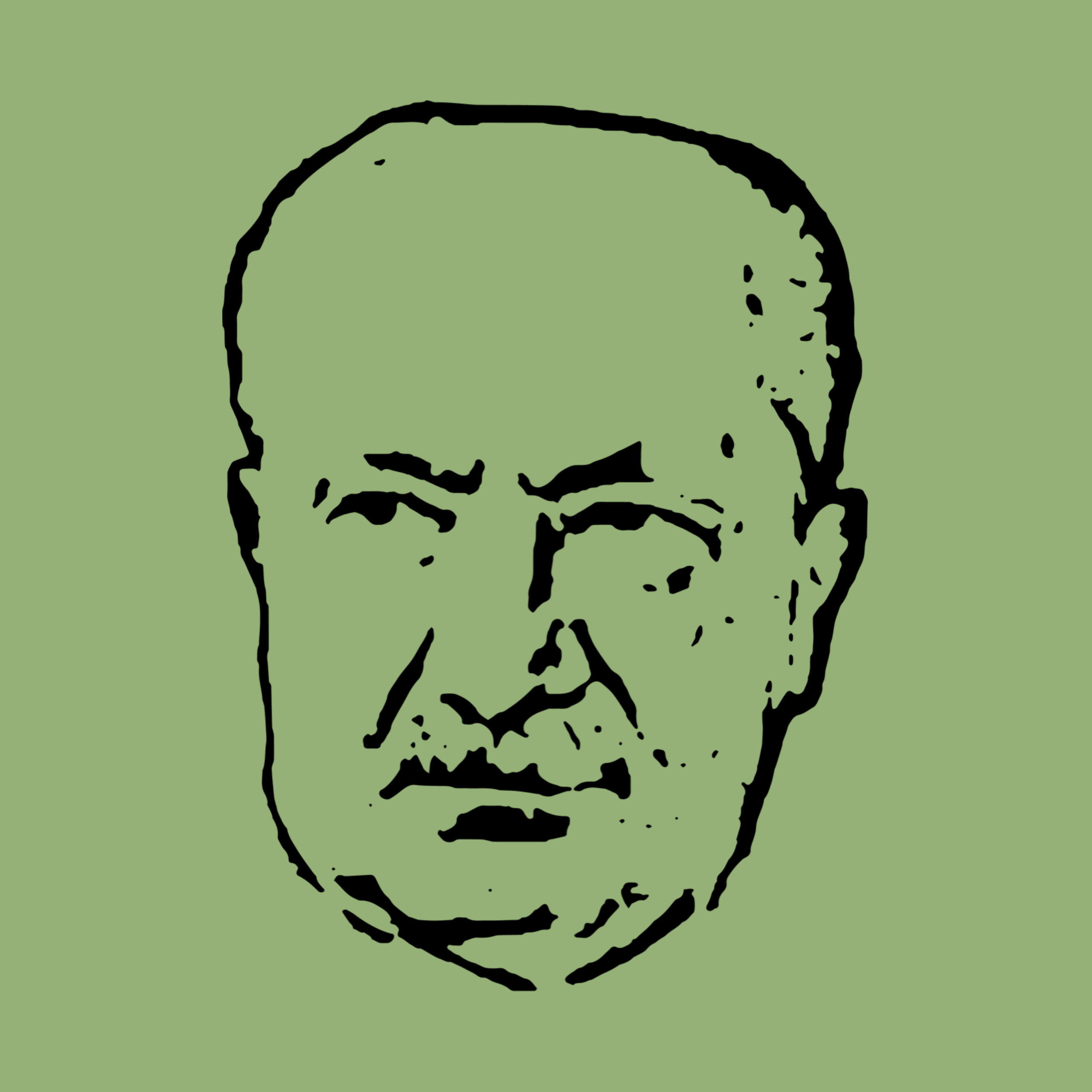Heidegger’s contribution to overcoming the metaphysical determination of Freedom, taken as an unconditioned foundation, and its opening of a new access to the investigation of the truth of Being. Part II
Main Article Content
Abstract
We will approach here the issue of Freedom in the historical context of its discussion within the scope of the Metaphysical Thought of Being - scope first formalized by the Philosophy of Plato and Aristotle. Our aim is to show, in general terms, how from the assumption of unconditionality, taken as the fundamental determination of Freedom, modern Thought raises the configuration of Being in the form of Subjectivity. We take the issue of Freedom as the guiding thread of this investigation because we understand that this question is the most genuine starting point to the investigation of the forms of Subjectivity establishment intended by modern Thought. We will forward our explanation indicating the perspectives through which greek, medieval and modern Thought contemplated unconditionality within the scope of the problematic of Being. After we opening the problematic context on which the issue of unconditionality unfolds, we will address the role attributed to Freedom by the Philosophy of Kant and Schelling in the determination of the Being of all.
Downloads
Article Details

This work is licensed under a Creative Commons Attribution-NonCommercial-NoDerivatives 4.0 International License.
Authors retain ownership of copyright and reproduction rights.
Authors may make other independent and additional contractual arrangements for non-exclusive distribution of the version of the article published in this journal (e.g., inclusion in an institutional repository or publication in a book) as long as they clearly indicate that the work was first published in this journal.
Authors are allowed and encouraged to publish their work on the Internet (e.g. on institutional or personal websites) after the review and publication process, as it may lead to productive exchanges and to a wider and faster dissemination of the published work.
References
Heidegger, M. GA 6.2: Nietzsche II. Frankfurt am Main: Klostermann, 1997.
Heidegger, M. GA 9: Wegmarken. Frankfurt am Main: Klostermann, 1976.
Heidegger, M. GA 15: Seminare. Frankfurt am Main: Klostermann, 1986.
Heidegger, M. GA 31. Vom Wesen der Menschlichen Freiheit- Einleitung in die Philosophie. Frankfurt am Main: Klostermann, 1982.
Heidegger, M. GA 33. Aristoteles, Metaphysik 11. Frankfurt am Main: Klostermann, 1981.
Heidegger, M. GA 42. Schelling: Vom Wesen der Menschlichen Freiheit (1809). Frankfurt am Main: Klostermann, 1988.
Heidegger, M. GA 45. Grundfragen der Philosophie. Ausgewählte Probleme der Logik. Frankfurt am Main: Klostermann, 1984.
Heidegger, M. GA 67. Metaphysik und Nihilismus. Frankfurt am Main: Klostermann, 1999.
Heidegger, M. GA 68. Hegel. Frankfurt am Main: Klostermann, 1993.
Heidegger, M. GA 69. Die Geschichte des Seyns. Frankfurt am Main: Klostermann, 1998.
Heidegger, M. Le Traité de 1809 sur l’essence de la liberté humaine. Paris: Gallimard, 1977.
Kant, I. Kritik der reinen Vernuft. Stuttgart: Reclam, 1998.
Leibniz, G.W. Monadología. Oviedo: Pentalfa, 1981.
Rutigliano, F.T.S. “Os saltos de Heidegger desde sua retomada do Pensamento grego clássico em vista da edificação de um novo Princípio para a abordagem do Ser”. Eikasía. Revista de filosofía, 111, 2022, pp. 115-162.
Rutigliano, F.T.S. “A contribuição de Heidegger para superação da determinação metafísica da Liberdade, tomada enquanto fundamento incondicionado, e a sua abertura de um novo acesso para a investigação da verdade do Ser. Parte I”. Differenz. Revista internacional de estudios heideggerianos y sus derivas contemporâneas. 9, 2023, pp. 103-129.

